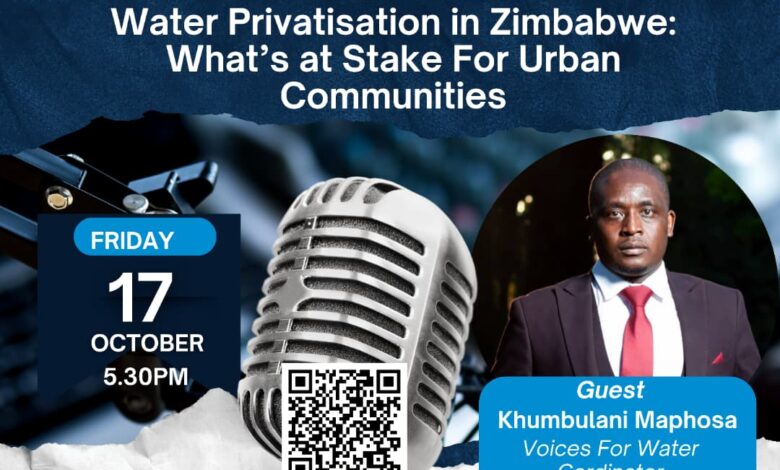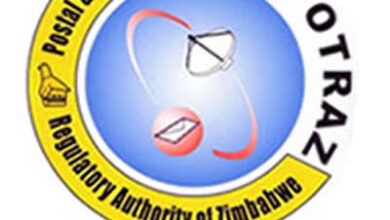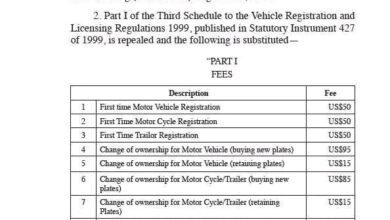Voices For Water Petitions Govt to Review Water Privatisation Directive

Loraine Phiri
Voices for Water has petitioned the Government to reconsider its decision to privatise water services in urban areas, saying the move could make access to clean water unaffordable for ordinary citizens.
In an interview during the Weekly Pulse, online discussion held on Friday under the theme “Water Privatisation in Zimbabwe: What Is at Stake for Urban Communities?,” Voices for Water outlined reasons behind the petition. The discussion coincided with the Africa Week of Action against Water Privatisation, observed across the continent to promote publicly managed water systems.
The Project Coordinator for Voices for Water, Khumbulani Maphosa, said the January 2025 directive by the Ministry of Local Government undermines devolution and could negatively affect low-income residents.
“Zimbabwe is a devolution state, and this ministerial directive is anti-devolution,” said Maphosa. “Privatisation increases the bills we pay and removes our voices as citizens in water service delivery.”
Under the directive, the Government announced plans to engage private companies both local and international to manage water supply systems in major cities, beginning with Harare, Bulawayo, and Victoria Falls. The Ministry said the decision was made to address inefficiencies by local authorities in billing and water delivery.
However, Maphosa cautioned that experiences from other countries show that water privatisation often fails to deliver the intended improvements.
“In Kenya, they privatised to a company called Vivendi, and it failed to provide the needed infrastructure,” he said. “In Guinea, prices of water rose from $0.12 to $0.83 per cubic metre, while in Côte d’Ivoire connectivity declined from 81 percent to 74 percent after six years of privatisation.”
He said Zimbabwe itself has seen similar failures in the past, citing Bulawayo’s early experience with a private water company.
“Privatisation of water failed here in Bulawayo in the late 1890s with the collapse of the Bulawayo Waterworks Company, which had been formed to manage the city’s water supply,” he explained. “Even in 1999, the international company BiWater abandoned negotiations on water privatisation in Zimbabwe after concluding it was not economically viable.”
Maphosa added that privatisation could cripple communities already struggling with erratic rainfall, prolonged droughts, and climate change, with women, informal traders, and residents of high-density suburbs being the most affected.
“Water is a public good and a human right it is an essential resource for our survival and climate resilience,” he said. “Studies show that when water is privatised, costs can rise by up to 59 percent. For low-income families, that’s unaffordable it’s a death sentence. The current free public access to water must be preserved and improved upon.”
Instead of privatisation, Maphosa said the country should focus on strengthening public water management systems through structural and financial reforms.
“Zimbabwe’s urban water problems stem from four main issues: bulk water shortages, dilapidated infrastructure, poor billing, and non-paying citizens,” he said. “To address these challenges, there is a need for genuine devolution of powers to local authorities, capacity building and funding for local governments, and strengthening ZINWA’s coordination and regulatory roles.”
Voices for Water, a social movement advocating for the right to water in Zimbabwe and Southern Africa, has launched an online petition calling for the suspension of the privatisation directive. The petition argues that the government should instead strengthen public water systems through genuine devolution, infrastructure rehabilitation, and capacitating local authorities.
“We want to see publicly managed water because it is clear we are the birds to be killed by one stone,” said Mr Maphosa.
The petition can be accessed at www.change.org/ChallengingZimbabweWaterPrivatizationDirective.
The government has defended the privatisation policy, arguing that private sector participation will improve efficiency in water delivery and ensure sustainability. The Minister of Local Government, Hon Daniel Garwe, in media reports earlier this year, said that many local authorities have failed to provide reliable water services or collect revenue effectively, prompting the need for a new approach.
The Ministry maintains that partnerships with private companies will enable investment in infrastructure and modern water management systems, starting with major urban centres.





